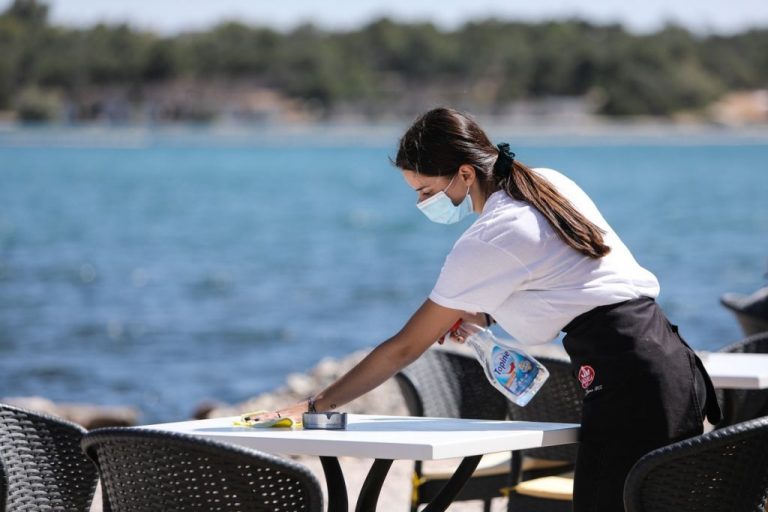
There are tens of thousands of vacant jobs in tourist areas in Greece, waiting to be filled. At the same time and due to the pandemic, another problem arose. Hotel workers quit their jobs to find something more stable as the pandemic also affected tourism. The problem is intensifying in Greece since workers are avoiding hotels and other related jobs in the tourism industrydo not go to work in the hotels, complaining about “bad working conditions” and “low pay”.
Read also: How the war in Ukraine affects Greek tourism
In order to work, however, hotels in Europe and in Greece, must be staffed. Large European chains have resorted to hiring workers with a simple resume, even if they don’t have the necessary experience.
In fact, euronews reports that thousands of workers have left their jobs and now hotels cannot meet the demand for travel after the pandemic.
This of course has an impact on the quality of services, but so far it does not seem to be a concern. However, hotels have realized this and thus are slowly limiting the services provided.
The chief executive of Accor, Europe’s largest hotel chain, Sebastien Bazin, admitted to Reuters that: “Europe’s largest hotel chain has undertaken a trial to hire people who have not previously worked in the tourism industry. We tested in Lyon and Bordeaux 10 days ago and this weekend we are interviewing people, without a CV, without previous work experience, who are hired within 24 hours.”
In France, for example, vacancies are filled by students or immigrants. Once hired, new staff go through a 6-hour fast-paced training session and are then thrown into the fray.
In France and Spain, hoteliers are trying to entice workers to come and work in the industry, and there are not a few who offer various extra benefits, such as free accommodation, and bonuses on top of the salary.
Gabriel Escarrer, CEO of the Spanish hotel company Melia, said of the problem: “Many workers have decided to move to other sectors, so we are starting an industry from scratch and we have to fight to find workers with qualifications and skills.”
In GREECE
Greece also faces a similar problem with empty positions in hotels. Employees avoid seeking such jobs for two reasons: A) poor working conditions and B) low wages.
In fact, at the end of April, when hotels were “revving up” for the tourist season, there were more than 50 thousand empty positions. While on the islands, re-hirings had only reached 10%.
The areas that employ the most workers and are experiencing a lack of staff are identified are Halkidiki, Crete, Rhodes, Santorini and Mykonos.
Every season, especially in Mykonos and Santorini, the staff changes 2-3 times within a few months because they can’t stand the working conditions and quit. The grueling working conditions and low wages are crushing the workers. They must work 7 days a week, 12 hours a day and be paid 700 euros. Complaints also focus on lack of suitable quarters.
Latest News

Istanbul Earthquake – Greek Prof. Concerned Major Quake Yet to Strike
Responding to concerns over whether a potential major quake in Istanbul could affect Greece, Papazachos was reassuring: “The fault extends as far as Lemnos and the Northern Sporades, but it doesn’t rupture all at once. An earthquake in Istanbul doesn’t have the capacity to directly affect Greek territory.”

Greece 4th Most Popular Summer Destination for Europeans
Southern Europe remains the top choice for Europeans at 41%, though down 8% from last year, likely due to rising temperatures and climate concerns.

Easter Sales Performance and the Source of €4–5 Million in Losses
Easter retail sales were relatively weak this year, with the only "real winners" being the livestock farmers who had lambs to sell.
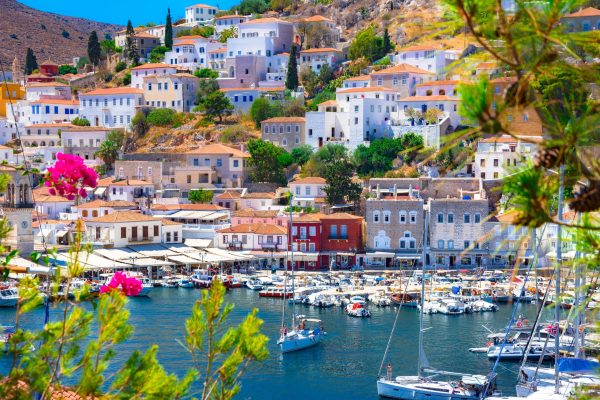
Hotel Foreclosures Continue to Plague Greece’s Islands
A surge in hotel foreclosures across Greece’s islands threatens small tourism businesses, despite booming visitor numbers and record-breaking travel in 2024.
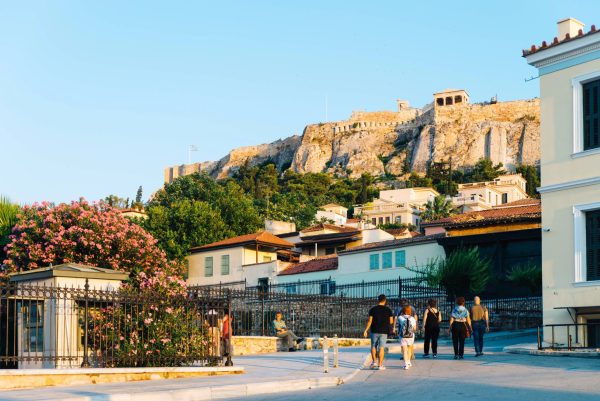
Athens Launches Task Force to Safeguard Historic City Center
The new municipal unit will ensure compliance to zoning laws, curb noise, and address tourist rental issues starting from the Plaka district.

WTTC: Travel & Tourism to Create 4.5M New Jobs in EU by 2035
This year, international visitor spending is set to reach 573 billion euros, up by more than 11% year-on-year

IMF: US Tariffs Shake Global Economy, Outlook Downbeat
IMF slashes global growth forecast to 2.8% as U.S. tariffs create uncertainty and ‘negative supply shock

First Step Towards New Audiovisual Industry Hub in Drama
The project is set to contribute to the further development of Greece’s film industry and establish Drama as an audiovisual hub in the region

Airbnb Greece – Initial CoS Ruling Deems Tax Circular Unlawful
The case reached the Council of State following annulment applications filed by the Panhellenic Federation of Property Owners (POMIDA)

Mitsotakis Unveils €1 Billion Plan for Housing, Pensioners, Public investments
Greek Prime Minister Kyriakos Mitsotakis has announced a new set of economic support measures, worth 1 billion euros, aiming to provide financial relief to citizens.













![Accor: Η βιωσιμότητα «κλειδί» για την ανάπτυξη και ανθεκτικότητα του ελληνικού τουρισμού [έρευνα]](https://www.ot.gr/wp-content/uploads/2025/04/thumbnail-90x90.jpg)













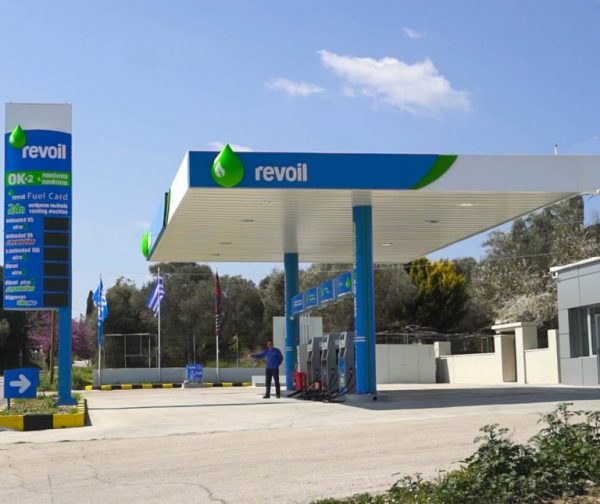







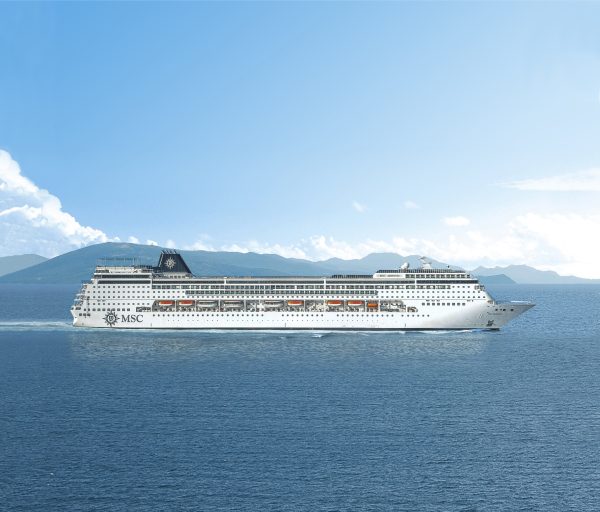



![Accor: Η βιωσιμότητα «κλειδί» για την ανάπτυξη και ανθεκτικότητα του ελληνικού τουρισμού [έρευνα]](https://www.ot.gr/wp-content/uploads/2025/04/thumbnail-600x400.jpg)


 Αριθμός Πιστοποίησης
Αριθμός Πιστοποίησης